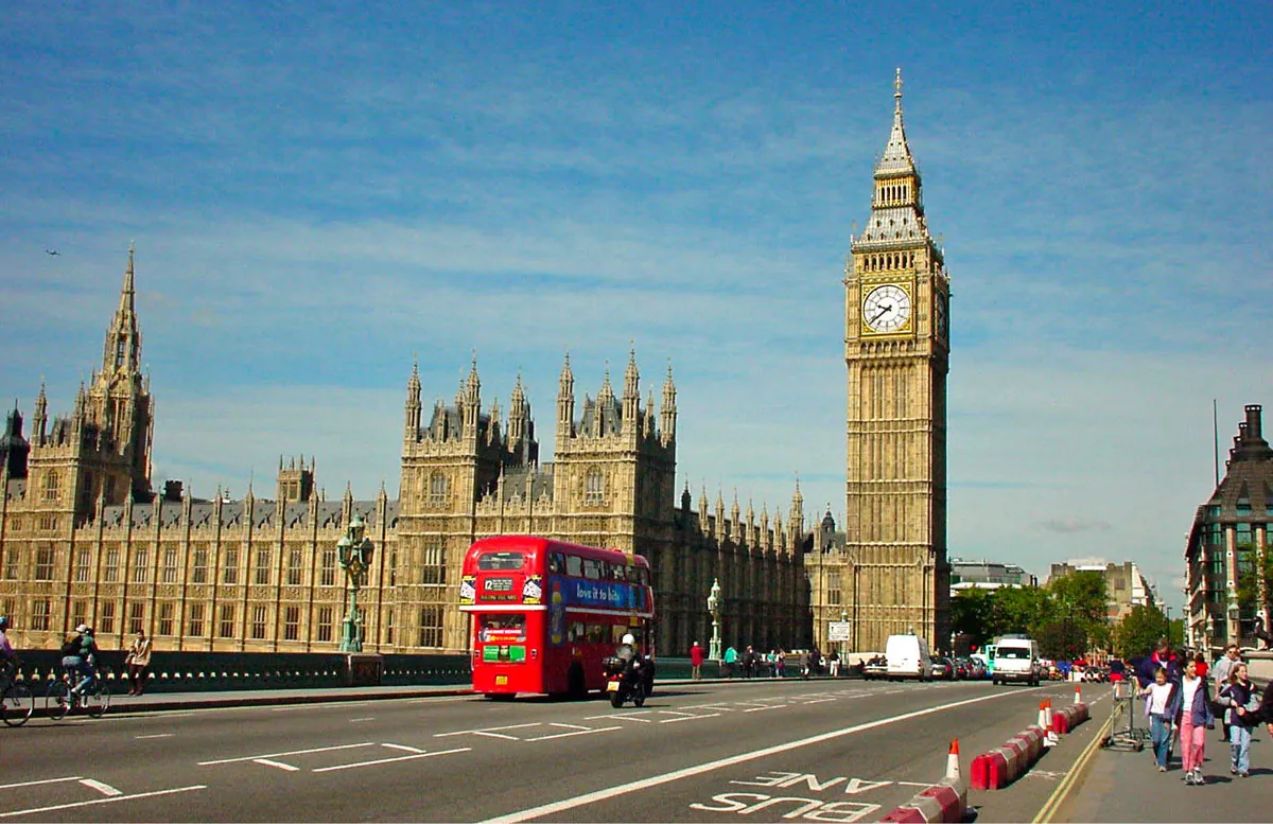The UK government announced on Thursday a historic reform: it will lower the voting age from 18 to 16 ahead of the next national elections. The move, part of a broader package of electoral reforms, aims to boost civic engagement, particularly among younger citizens.
The policy was a key pledge by the Labour Party during its campaign leading up to its victory in July 2024. With this change, the UK will join a small group of countries—such as Austria, Brazil, and Ecuador—where 16-year-olds are eligible to vote. Scotland and Wales already allow young people to vote in local and regional elections, while EU countries like Belgium, Germany, and Malta permit 16-year-olds to vote in European Parliament elections.
In addition to this measure, the government unveiled several updates to the electoral system. These include stricter regulations on campaign financing to prevent opaque donations from shell companies. Democracy Minister Rushanara Ali said the changes would “strengthen the UK’s defenses against foreign interference.”
Penalties will also be toughened for those convicted of intimidating candidates. The government announced it will introduce automatic voter registration and allow voters to use bank cards as a valid form of identification at polling stations.
These measures aim to address the impact of a controversial law passed in 2022 by the previous Conservative administration, which required voters to show photo ID. Critics warned that the rule could disenfranchise millions—especially young people, low-income individuals, and ethnic minorities. The Electoral Commission estimated that around 750,000 people did not vote in last year’s elections because they lacked valid ID.
Voter turnout in the 2024 election was just 59.7%, the lowest in over two decades—raising concerns about the health of British democracy.
Harry Quilter-Pinner, director of the progressive think tank Institute for Public Policy Research (IPPR), called the reform “the most significant change to our electoral system since 1969,” when the voting age was lowered from 21 to 18.
However, not everyone is convinced the move will significantly boost youth engagement. Stuart Fox, a politics professor at the University of Exeter who specializes in youth voting, warned that the effects remain uncertain. “It’s good to help young people be heard,” he said. “But other measures—like strengthening the citizenship curriculum or expanding school-based volunteering programs—might be more effective, especially among disadvantaged youth, who are by far the least likely to vote.”
The reforms must still be approved by Parliament, but if passed, they would take effect before the next general elections, scheduled to be held no later than 2029.
“For too long, public trust in our democracy has been eroded,” said Deputy Prime Minister Angela Rayner. “We are taking action to remove barriers to participation and ensure that more people have the opportunity to be part of the UK’s democratic process.”




















